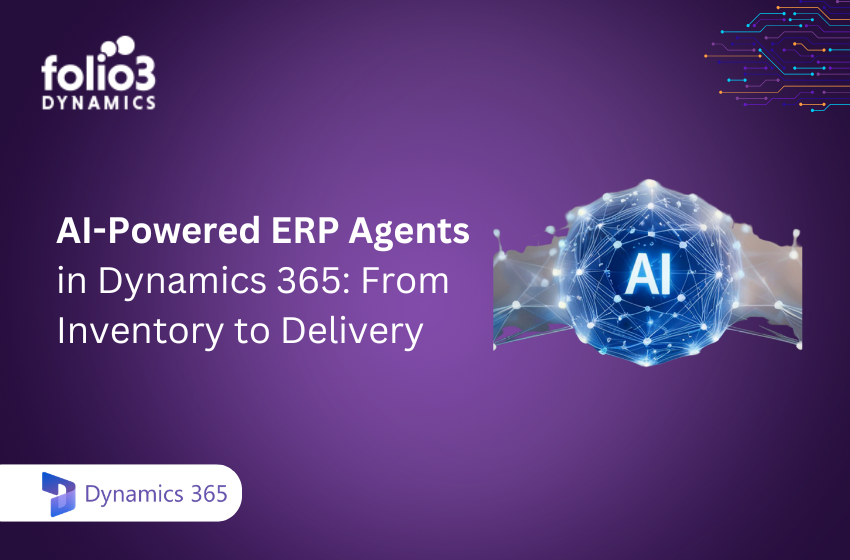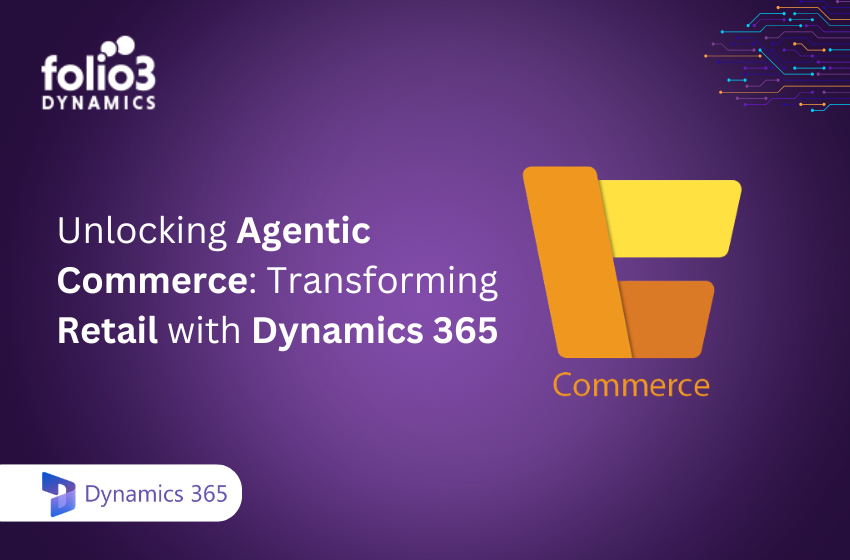QuickBooks has long remained the go-to system for businesses looking to streamline their finances. There is little doubt about the legacy of QuickBooks and how it has kept business finances up and running for literally decades. Even today, QuickBooks is going strong, with thousands of global businesses using the solution to manage company finances efficiently. However, even with all the legacy and effectiveness, QuickBooks has few inherent limitations. For once, the system becomes too cumbersome after certain growth. To put it simply, the architecture of QuickBooks is simply too complex to support large data volume, which essentially limits its application for large or fast-growing businesses.
So, if you have been using QuickBooks for long and have hit a speedbump, you may want to look out for better modern alternatives to QuickBooks. Here in this blog, we will be comparing QuickBooks vs. ERP systems to see how each of these systems fare against each other.
Is QuickBooks An ERP System?
There is no QuickBooks ERP system or QuickBooks ERP module. Unfortunately, QuickBooks ERP Software is often used by users of the system, which is entirely false.
QuickBooks Enterprise is essentially an accounting system that is aptly suited for small and medium-sized businesses. QuickBooks’ core functionality area is finances; however, the system may also be used to manage sales, payroll, taxes (seasonal), income, and few other aspects related to accounting and finance. Alternatively, when we talk about ERP systems, these are comprehensive business suites that enable companies to streamline and integrate all business functions and not just finances.
QuickBooks Enterprise Vs. ERP Software
QuickBooks has remained the most logical and rational choice for all startups and small businesses since it’s a highly straightforward system that doesn’t need any experience or resources to optimize. The system is able to operate independently without any influence over other business functions. Small businesses and startups commonly work with different standalone software and find it highly convenient to use.
However, when assessing for the business process efficiency, QuickBooks comes pretty darn inefficient. As an independent system, QuickBooks won’t extract any values automatically from other business functions. This means that you would have to operate the system and check everything manually. While this manual process may be manageable for SMEs, it becomes too burdensome for large enterprises with massive data.
So, even if you start with QuickBooks, chances are the system will become cumbersome in time as your company grows. With business growth, you will need more efficiently integrated systems that can automate various business processes and help you save time and resources in managing business processes – that’s where Enterprise Resource Planning (ERP) comes into play.
Enterprise Resource Planning (ERP) is a comprehensive business management solution that enables businesses to streamline and automate entire business functions. Unlike QuickBooks, which only deals with finances, ERP systems are able to integrate all business functions, including Finances, HR, customer service, Supply Chain, inventory management, marketing, sales, and others. This results in optimum business efficiency, and data flows seamlessly between various business functions without any manual data entry requirement.
Contrarily, all Intuit QuickBooks products are essential accounts management systems and not an ERP. So, next time around, when someone asks you if QuickBooks Enterprise is an ERP software, simply say “NO.”
Are you ready to Migrate from QuickBooks to ERP Software?
Moving on with our QuickBooks vs. ERP systems, let’s see some signs that indicate your business readiness to migrate from QuickBooks to an ERP system.
Fortunately, there are dozens of robust, comprehensive, and effective ERP systems available in the market. Each system has its strengths and limitations; thereby, you need to choose the right platform that suits your unique business needs. Nonetheless, let’s see some signs that reflect your business readiness to move to ERP software.
The first sign that indicates the requirement to migrate to an ERP system is when QuickBooks limits the company’s ability to grow. When they say, “Upgrade to ERP Software,” it simply indicates the inherent limitation of QuickBooks for handling large data. Thereby, when you start feeling limited by QuickBooks capabilities, consider migrating to an ERP system
Another sign that symbolizes a high time to make the “move to ERP software” is when you start spending a ridiculous amount of time switching between various programs to perform quality checks, reporting, and projections. With the QuickBooks system, you would have to spend hours on excel or spreadsheet to maintain accounts. Alternatively, all of this can be automated with an ERP system, vastly improving business processes’ efficiency and minimizing the chances of errors associated with manual data entry.
Some of the other significant signs that indicate the need to migrate from QuickBooks to ERP includes;
- Customer billing process is getting more complex and taking forever
- You are increasingly required to import data from outside of the QuickBooks system; however, it had to be done manually because there is no integration to automate the data entry process
- It’s getting more difficult to format financial reports essential for your company
- You would have to spend good over 15 minutes on QuickBooks just to know the cash balance right now
- You need to spend forever to insert monthly transactions in QuickBooks from other systems
- You are running a bilingual/multilingual business and accept multiple currencies
- You are forced to duplicate data entry for multiple systems
- You are a fast-growing company with an increasing number of staff members who need access to real-time information anytime and from anywhere
Folio3’s Turnkey Solution!
If you are ready to migrate to an ERP system, Folio3’s effective and seamless ERP integration solutions can help you achieve robust integration with minimum disruption.
As a leading technology solution provider, Folio3 offers complete ERP integration services to help enterprises achieve higher levels of efficiency by automating business processes. Our ERP integration services with third-party applications including Amazon, Shopify, Magento, and others enable ecommerce stores to leverage data automation to achieve crazy levels of efficiency.
Folio3’s ERP integration solution also enables enterprises to optimize customer experience and tap into more cross-selling and upselling opportunities by eliminating data discrepancies and errors. Our ERP integration services optimize the following features for incredibly high business processes efficiency;
- Inventory level optimization
- Sales orders
- Shipping and tracking
- Order fulfillment
- Product and item information
- Cancellation and refunds
- Sales and marketing management
- Accounts and finances management
- Trade agreements
- Supply chain management; and
- others
Get in touch with our sales expert today and let us help you migrate from QuickBooks to ERP systems effortlessly.



